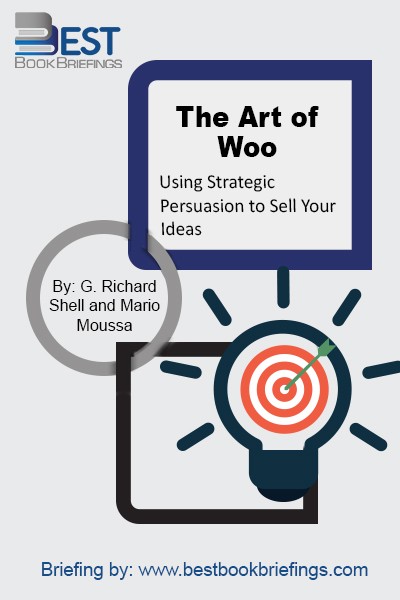The Art of Woo
Using Strategic Persuasion to Sell Your Ideas
Number of pages: 312
Publisher: Penguin
BBB Library: Sales and Marketing, Communication
ISBN: 9780143114048
Editorial Review
Woo, simple enough to say, but not so simple to do. It is relationship-based persuasion, a strategic process for getting people’s attention, pitching your ideas, and obtaining approval for your plans and projects. In short, it’s one of the most important skills for any entrepreneur, employee, or professional manager whose work requires them to rely on influence and persuasion rather than coercion and force.
Book Reviews
Books on Related Topics
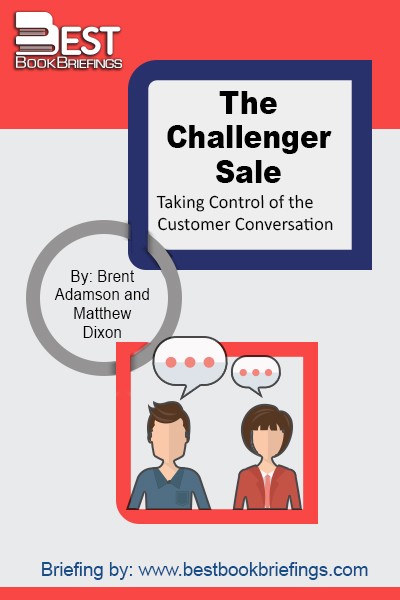
Based on an exhaustive study of thousands of sales reps across multiple industries and geographies, The Challenger Sale argues that classic relationship building is a losing approach, especially when it comes to selling complex, large-scale business-to-business solutions. The authors' study found that every sales rep in the world falls into one of five
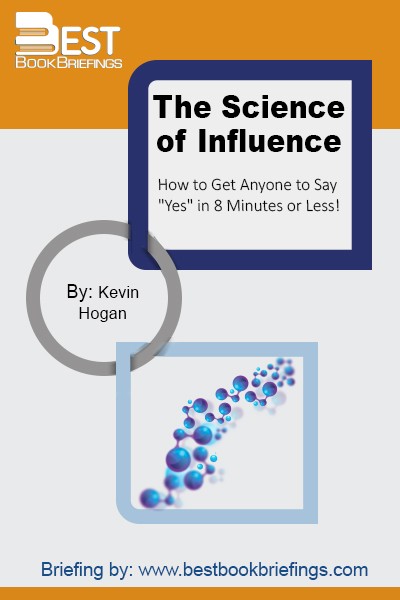
The Science of Influence shows readers how to get anyone to say yes in eight minutes or less. Synthesizing the latest research in the field of influence with real-world tested experiences, it presents simple secrets that help readers turn a no into a yes. Every secret in this book has been
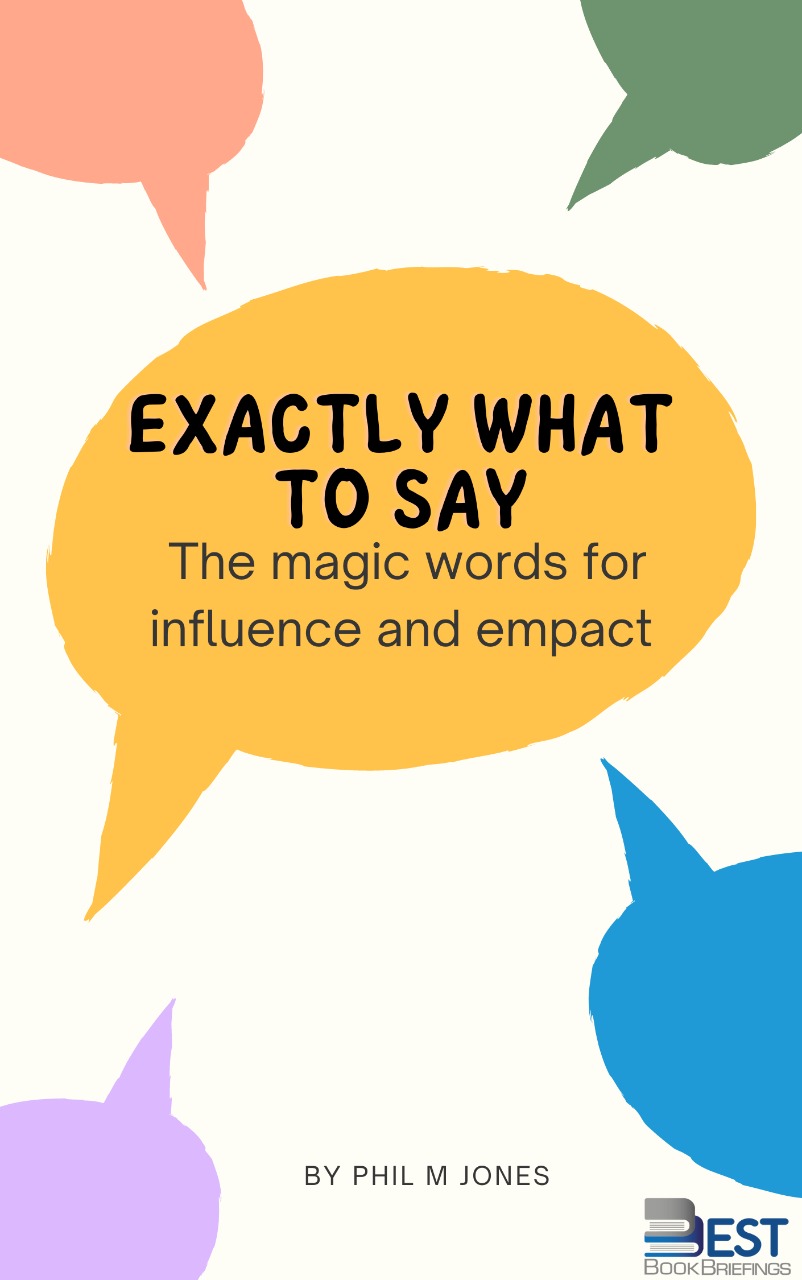
Often the decision between a customer choosing you over someone like you is your ability to know exactly what to say, when to say it, and how to make it count. Phil M. Jones has trained more than two million people across five continents and over fifty countries in the lost
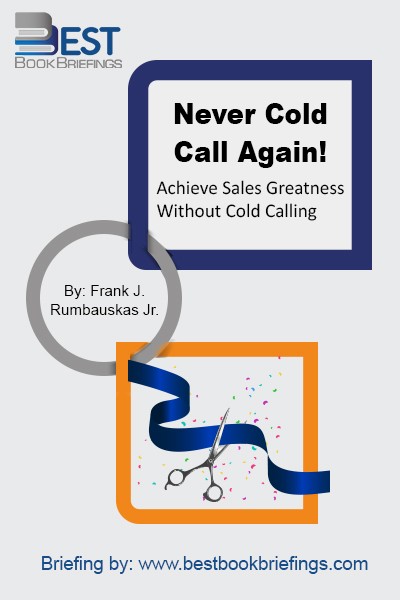
By dictionary definition, a cold call is a telephone call or visit made to someone you don’t know who is not expecting a contact, often for the reason of selling a product or service. In plain English, that means a cold call is often nothing more than an interruption on peoples’

